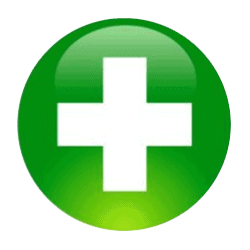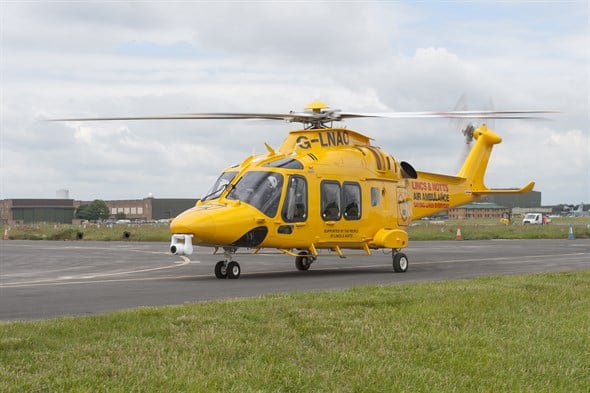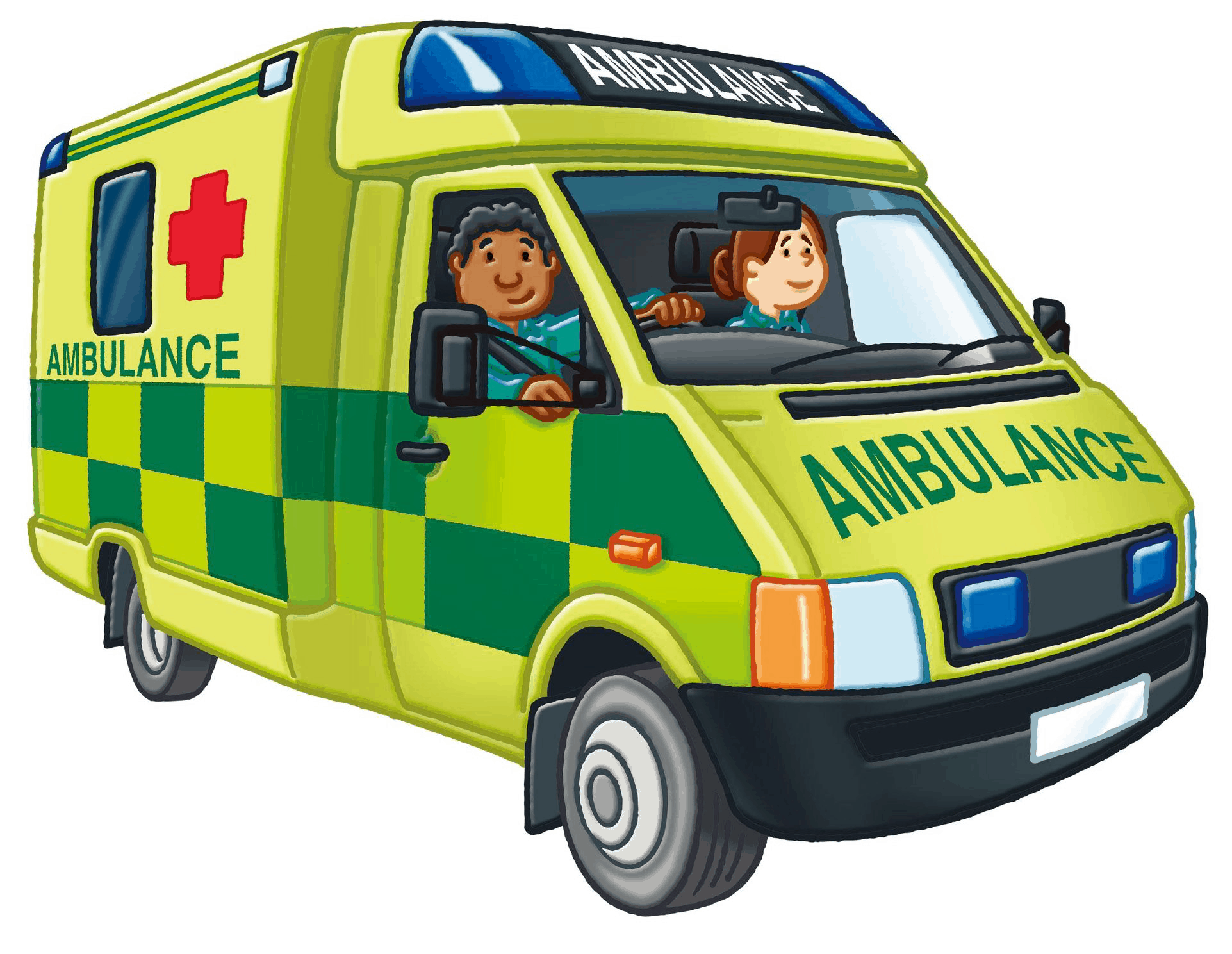
You have probably seen a Lifepak 12 or Zoll M series advertised on online auction sites and thought it might be nice to have one, and it’s so cheap, well let’s take you through the pitfalls that you might come across.
Firstly we are not trying to put you off the purchase, if you have decided you need the facilities that either of these defibrillator/monitors can offer you then you’ve made a good choice but let’s face it, these units are like Rolls Royce Cars. They are the best around in their day but they are now used units and can be very expensive to repair if they go wrong. Don’t forget you will also need to have them serviced every year to comply with the demands of CQC for example. All this can be costly if you’ve not budgeted for it.
Let’s start by looking at the features available:
AED: a great option to have, nearly all the used units available now in the UK come with fittings for using disposable Defib pads and having the option of AED asw ell just adds to the number of potential users who can easily and quickly be taught to use the machine. So if possible buy one with the AED option.
Pacing: some were sold to the ambulance services at the time but rarely used, its probable you will hardly ever get the chance to use pacing but on the other hand it doesn’t add anything to the value of the machine so if you’ve got it great, don’t let it be a deal-breaker if it’s not on the one you’ve seen.
12 Lead ECG: Probably the real reason you have a Lifepak 12 or Zoll in your sights. Make sure the Lifepak 12 also has the 100mm printer it came with and it hasn’t been swapped for the 50mm option or you’ll be looking at a bill of several hundred pounds to upgrade. Do you have the right cables to go with the 12-lead option?
Biphasic Waveform: The Biphasic waveform was introduced by the industry back in the 1990’s and is much more effective than monophasic. That doesn’t mean monophasic doesn’t work any longer but the value of your future purchase has just dropped by a considerable margin so be aware. Do you know how to tell the difference between the two versions and can you be sure of what you are led to believe?
Which one have you got?
Pulse Oximetry: is a popular option, remember you can purchase a small fingertip pulse oximeter for around £50 but its nicer to have it integrated into your new monitor and most Zoll and Lifepaks come with as an option. Make sure you have the sensor as these can be £150 to replace.
Non-Invasive Blood Pressure: Probably something you will use quite a bit. It will add value and cost to the monitor you are buying and although very popular on new LP12’s I’m not sure it was as popular on the Zoll. That means you may not always find it available. Does it matter, well it’s nice to have a printed record of the patients BP but you can buy a digital BP monitor now for as low as £15 !! Your call.
Carry Case: Sometimes they are included and if in good condition well worth having but many are a bit battered; after all, they are there to protect the machine. It is nigh on impossible to find new cases these days.
Cables, Sensors and Batteries: are these included in the deal, quite often they are not. To re-equip a Lifepak 12 with these items could easily cost you £1000 if you have to buy new ones.
Don’t forget to budget for an additional battery charger with the Lifepak 12, you’ll need one unless you have a support system already.
Age: A popular question is one regarding the age of the used unit, this is irrelevant since it may be 10 years old and have been barely used in a rural station, it could be five years old and been used in the city centre. Even if it has been used in the city centre many parts may have been replaced during its life. We are never provided with operational history. Be guided by the general condition but its easy to change the outer case if you know-how.
Used machines will always have a potentially shorter life than new equipment but with the price of a new Defib/monitor now approaching £17000 I guess for many of you there is little option.
You can cross your fingers and buy from an auction site where after-sales support is likely to be non-existent or you can buy from Wessex Medical.
I worked for Physio-Control for nearly 20 years and my engineer for around 15 years. We have been heavily involved in the LP12 since before it was launched.
We believe the units we sell are amongst the best on the market, they are not the cheapest but you have the knowledge we look after our customers and more importantly, we can support you before and after your purchase.
We carry a range of accessories and can service your Lifepak or Zoll at a reasonable charge.
Why not call us with your requirements on 01722 410084
Alan Caulfield





















Tell Us What You Think!